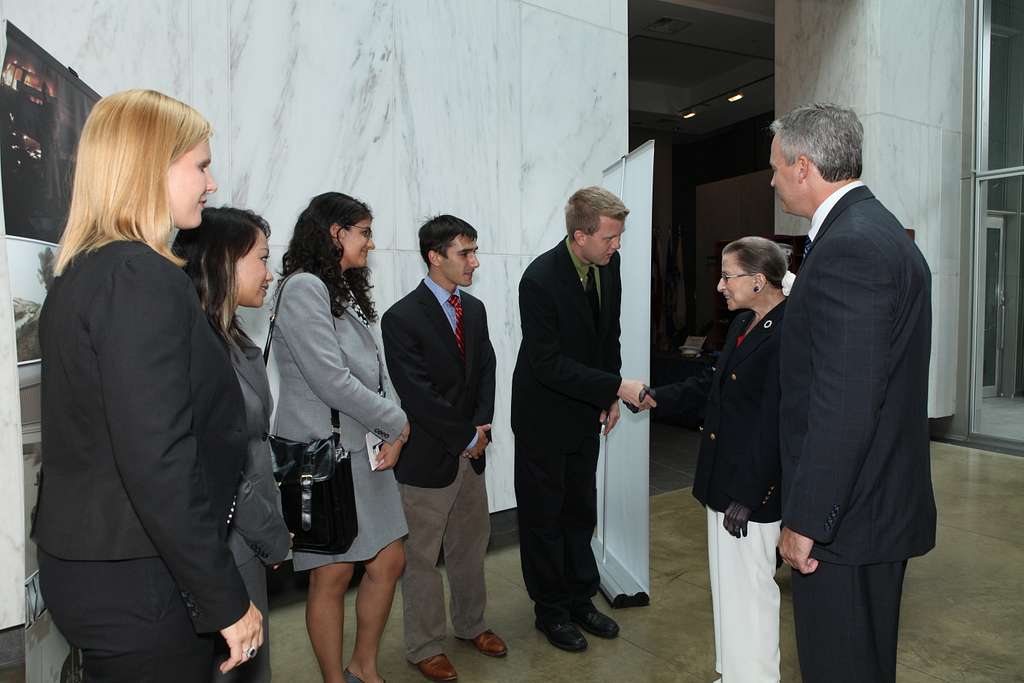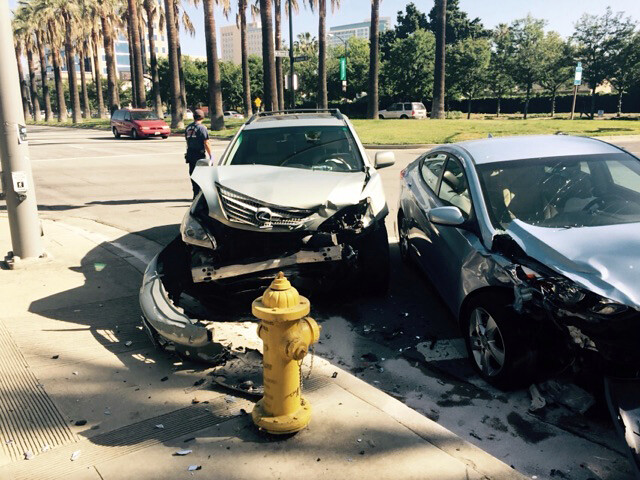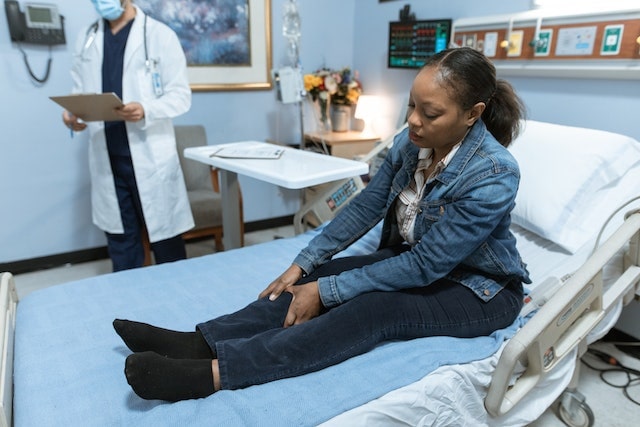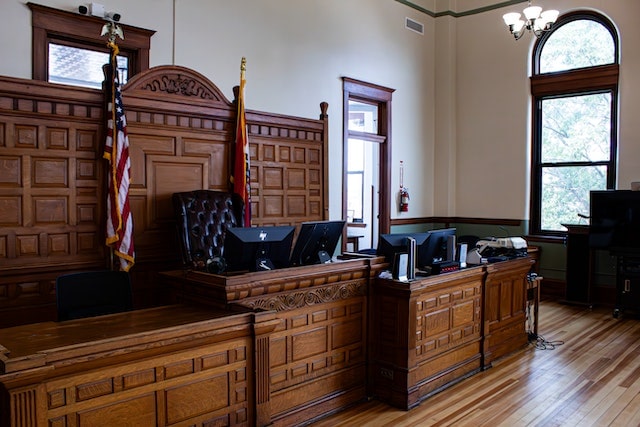Matter of State of New York v Wilkes, 2010 NY Slip Op 07006 (4th Dept. 2010)
“Insofar as respondent preserved for our review his further contention that the court erred in permitting two psychologists to testify to limited amounts of hearsay information at trial in order to explain their opinions, we conclude that respondent’s contention lacks merit. Although it is a “questionable assumption” that a psychologist may “not only . . . express [his or] her opinion but [may also] repeat to the jury all the hearsay information on which it was based” (People v Goldstein, 6 NY3d 119, 126, cert denied 547 US 1159), it is well settled that “hearsay testimony given by experts is admissible for the limited purpose of informing the jury of the basis of the expert[s’] opinion[s] and not for the truth of the matters related” (People v Campbell, 197 AD2d 930, 932, lv denied 83 NY2d 850; see People v Wlasiuk, 32 AD3d 674, 680, lv dismissed 7 NY3d 871; Shahram v Horwitz, M.D., 5 AD3d 1034, 1035). We thus conclude that the testimony was properly admitted after the court determined that its purpose was to explain the basis for the experts’ opinions, not to establish the truth of the hearsay material, and that any prejudice to respondent from the testimony was outweighed by its probative value in assisting the jury in understanding the basis for each expert’s opinion.”
The Fourth Department seems to agree with the Appellate Term, Second Department’s rationale in Urban v. Tristate as it relates to expert opinions based upon hearsay.













5 Responses
I guess you are acting in the spirit of the campaign season. However I see no citation to Urban by the Fourth Department.
I see another decision that opens the doors to abject nonsense. I saw American Idiot on Broadway last night. Perhaps this has now become a trend — the dumbing down of everything in America. Our Justice System now operates like Judge Judy or a Fox talk show.
Hopefully this may be limited to Mental Health Hearings before the Fourth Department wherein the totality of the facts makes bad law. I assume that there was no jury and that probably drove the decision.
The analysis by the 4th Dep’t and App Term is insulting because the justification for allowing the hearsay is so bad it assumes that we are American Idiots — I am not.
Fact finders give as much weight to hearsay as to real evidence.
I got my start in the Fourth Department. My biggest victory, albeit as a law intern, was getting the Court of Appeals to overturn a case that the Fourth Department ruled against me. People v. Smith,97 N.Y.2d 32 (2002), rev’g,
283 A.D.2d 908 (4th Dept. 2001).
To further expand on my brief comment. The test “more probative then prejudicial” is not applicable to hearsay. It is applicable to real evidence such as a certified certificate of conviction of DWI sought to be introduced in a DWI case. Obviously the answer is no. What about a certified certificate of conviction for perjury in the same case. Closer question.
But using more probative then prejudicial to justify hearsay is just beyond the pale.
Does our government have an legitimacy?
This is why it is important to look beyond no-fault when crafting arguments and writing briefs.
sometimes, its important to look beyond no-fault but there are other ghettos of laws that judges will actively look to avoid. it is technically a precedent but it’s something that an adversary can easily trump.